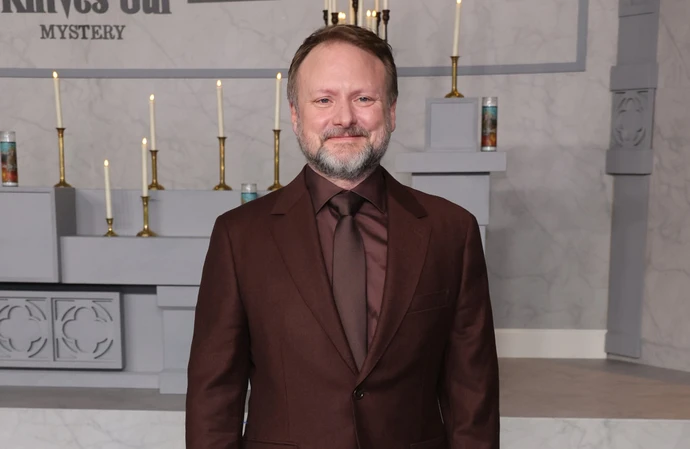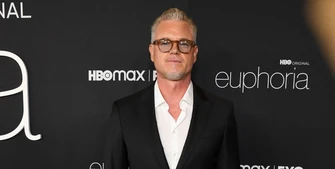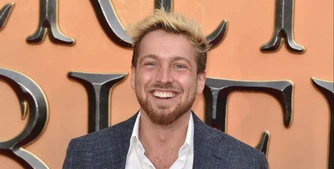Knives Out: Wake Up Dead Man is inspired by Rian Johnson's 'complicated relationship with religion'
Knives Out: Wake Up Dead Man filmmaker Rian Johnson tackled his own "complicated relationship with religion" for the new Benoit Blanc mystery.

Knives Out: Wake Up Dead Man was inspired by Rian Johnson's "very complicated relationship with religion".
The 51-year-old filmmaker is back at the helm for a third murder mystery in the Netflix franchise, with Daniel Craig returning as Benoit Blanc in a story centred around a Catholic church in New York.
Speaking to The Hollywood Reporter, Craig said: "He has a very complicated relationship with religion.
"And that's the birth of this movie."
Johnson grew up in a Evangelical family in California, and he decided to make the movie as a way to reevaluate his youth.
The director explained: "I slowly realised I was writing this through the lens of me, now.
"I had to step back into me, 30 years ago, and back into the things that inspired and drove me as a Christian."
The film features characters like Josh O'Connor's junior priest Reverend Jud Duplenticy, and the church's cruel leader Monseignior Jefferson Wicks (Josh Brolin).
Johnson noted how the congregation all represent himself in different ways.
He said: "Every single one of them is a different slice of my own personal experience with faith."
For Cailee Spaeny's disabled former concert cellist Simone Vivane, Johnson noted he "wanted to express a deep embodying of it in a physical way".
Jeremy Renner plays town doctor Nat Sharp, who represents "the notion of a bitterness that you're hanging onto".
Meanwhile, Daryl McCormack appears as aspiring politician Cy Draven, whose alt right-flirting viewers are a way of tackling Johnson's old political attitudes, which he has turned away from.
He said: "I know that feeling, of it feeling good to jab at the world. I hope I wasn't that bad, but I can relate."
When the filmmaker went to college, he found himself shunning religion, and had to spend time coming to terms with his faith.
He added: "At some point, I definitely had a moment of, 'Oh, wait a minute, am I not a Christian anymore?'
"It was a real loss of identity for me. I had to spend the rest of my 20s putting the pieces back together and figuring out a new way to frame the world."







